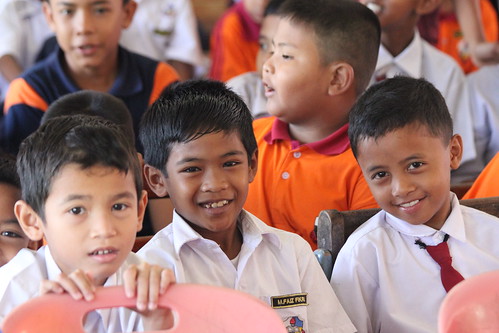College Fair in Zimbabwe Encourages Students to Join International Institutions
Last week in Harare, the capital of Zimbabwe, eighteen representatives from universities in the US, Canada, and Spain set up a college fair to encourage students to apply to international institutions. The representatives claimed that internationally educated Zimbabweans were essential to developing the country. By studying abroad, students could return to their country to bring meaningful change to the region. Over 2,500 Zimbabweans are currently enrolled as students in US universities.
US ambassador Bruce Wharton said, “Fundamentally, we view education as an absolutely essential part of Zimbabwe’s development and progress, and we will support it in any way we can.” He later said, “If you look around even in Zimbabwe’s cabinet, business and social circles you will see that there are people who have done their PHDs with US institutions.”
The representatives are expected to tour several African countries to recruit students. The trip will include visits to Zambia, South Africa, Botswana, Kenya, Tanzania, Ethiopia, and Ghana. The journey is sponsored by the Council of International Schools (CIS).
Canadian ambassador Lisa Stadelbauer stressed that her country would offer scholarships and funds to bright Zimbabwean students, adding, “Zimbabweans are known as hardworking people and our universities are very fond of students from this country. We are committed to helping these children as well as other Zimbabweans as we have done in the past.”
Creative Commons Love: SuSanA Secretariat on Flickr.com








